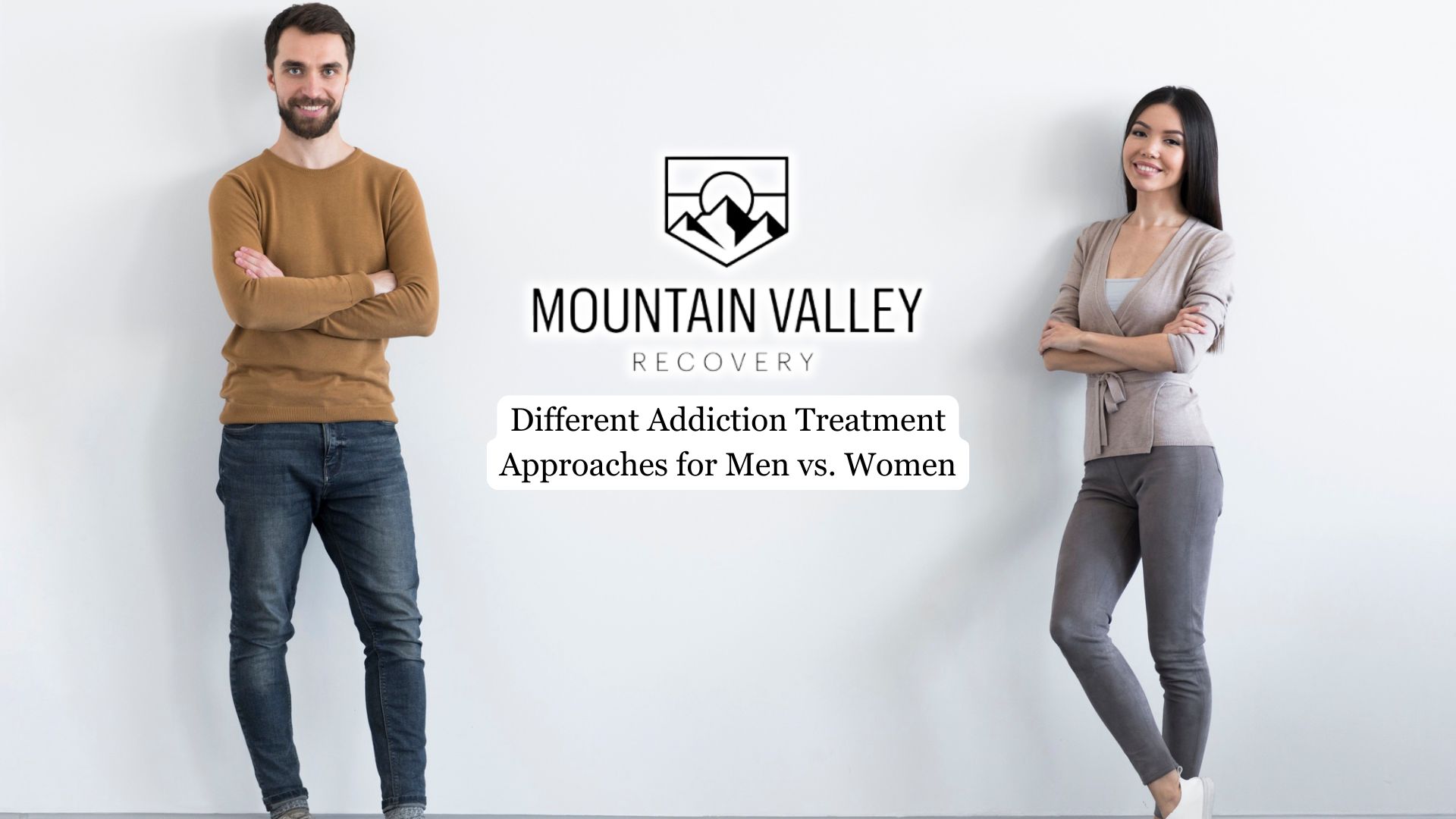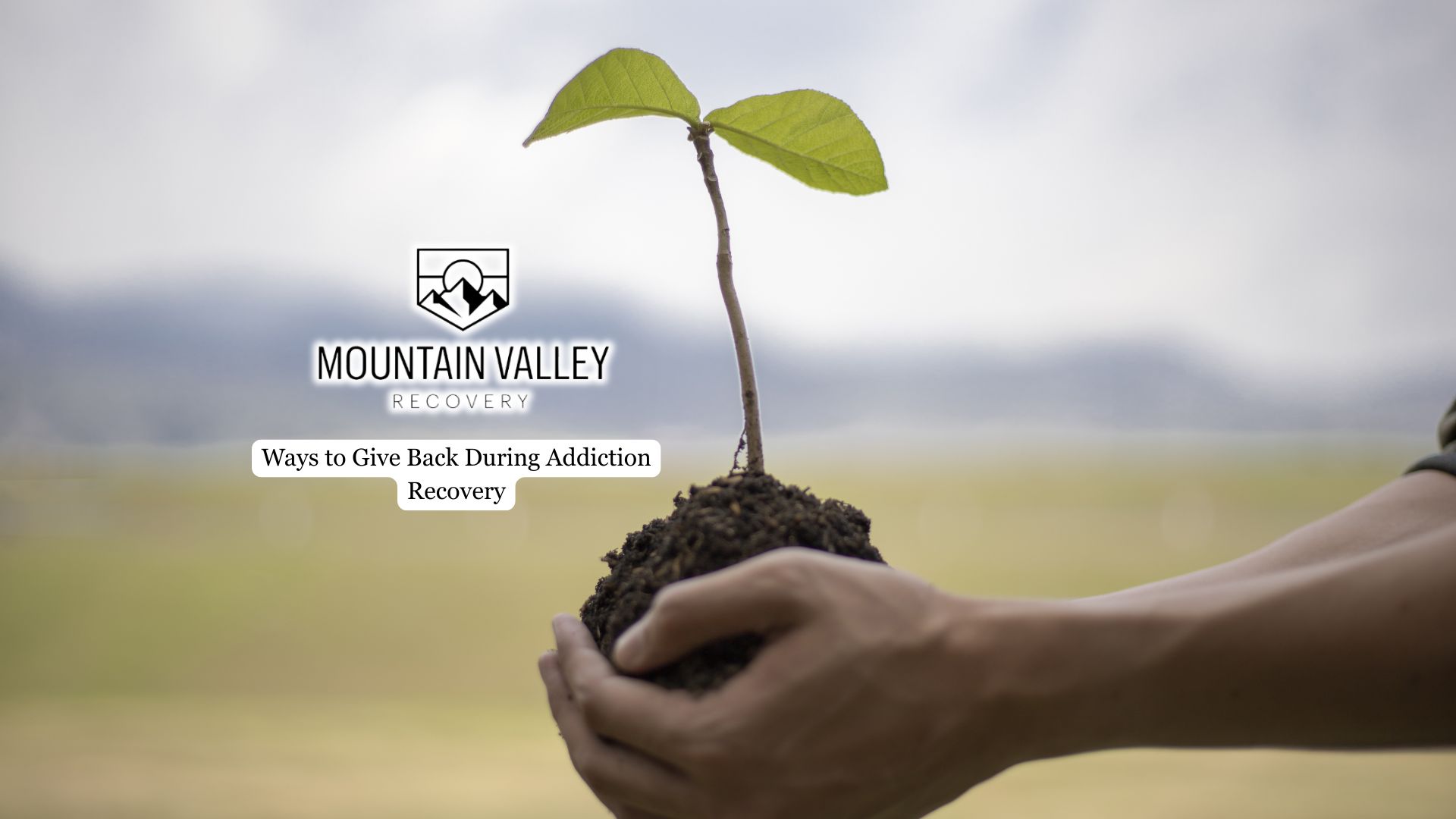As our knowledge about addiction grows, it has become increasingly apparent that one-size-fits-all treatment approaches may not provide the best care for both men and women. Gender-specific treatment programs have been developed to address these differences, offering specialized care that considers the biological, psychological, and social factors influencing substance abuse and recovery for each gender.
This article will explore the various addiction treatment approaches tailored to meet the specific needs of men and women.
How Addiction Affects Men and Women Differently
Addiction affects men and women differently due to biological, psychological, and social factors. Men generally have higher rates of substance use and are more likely to develop substance use disorders, with 11.5% of males over 12 having a disorder compared to 6.4% of females. However, women often progress more rapidly from initial use to addiction and may experience more severe health consequences.
Women are more susceptible to cravings and relapse, possibly due to hormonal influences, particularly estrogen’s role in the brain’s reward system. They also tend to enter treatment with more severe psychological, medical, and social issues.
Physiologically, women’s bodies absorb some substances faster but may take longer to metabolize them, leading to quicker development of dependence. Additionally, women face unique barriers to treatment, such as childcare responsibilities and fear of losing custody of their children.
While men are more likely to abuse substances for social reasons, women often use them to cope with trauma or emotional pain or to manage responsibilities.
Whether it’s through gender-specific programs like the men`s addiction treatment by Mountain Valley or through tailored approaches within mixed-gender settings, recognizing and addressing the unique needs of men and women in addiction treatment is essential
Gender-Specific Risk Factors for Substance Abuse
Societal expectations of masculinity often contribute to men’s vulnerability to substance abuse. Peer pressure, risk-taking behaviors, and the belief that seeking help is a sign of weakness are common factors that lead men to engage in substance use. Additionally, men are more likely to be introduced to drugs at an earlier age by their male peers, which increases their risk of developing an addiction.
Women, on the other hand, face unique challenges when it comes to substance abuse. They are more susceptible to the effects of certain substances due to biological differences in metabolism and hormonal influences. Women also face greater stigma and societal judgment for substance use, which can create barriers to seeking treatment.
Family history and genetic predisposition are risk factors for both genders. However, women are more likely to be influenced by dysfunctional family backgrounds and partners who use substances.

Addressing Unique Challenges in Treatment
Women-specific programs often prioritize addressing trauma, co-occurring mental health concerns, and the stigma surrounding substance abuse. These programs offer a safe, non-judgmental environment where women can openly share their experiences without fear of discrimination. They frequently include childcare services and support for family dynamics, addressing major obstacles to seeking help.
Men-specific programs, on the other hand, focus on issues related to societal expectations of masculinity, risk-taking behaviors, and reluctance to seek assistance. These programs provide spaces where men can express vulnerability and emotions without feeling judged.
Both approaches emphasize peer support among individuals with similar life experiences, fostering a sense of community and understanding.
Addiction Treatment Approaches for Men
Men-specific programs create a supportive environment where participants can openly discuss their struggles without fear of judgment.
These programs typically emphasize behavioral therapies, such as cognitive behavioral therapy (CBT), which help men identify and modify negative thought patterns and behaviors associated with substance use. Treatment often includes components that address masculinity, emotional expression, and risk-taking behaviors.
Group therapy sessions foster a sense of brotherhood and accountability, allowing men to build connections with peers facing similar challenges. Many programs incorporate physical activities and mindfulness practices to help men process emotions constructively.
These approaches often include life skills training, job readiness programs, and family therapy to support long-term recovery and reintegration into society.
Addiction Treatment Approaches for Women
Women-specific addiction treatment programs often integrate trauma-informed care, recognizing the high rates of past trauma among women and its link to substance abuse.
These programs frequently include therapeutic approaches such as Cognitive Behavioral Therapy (CBT), Dialectical Behavior Therapy (DBT), and Motivational Interviewing (MI). These therapies help women recognize and challenge negative thought patterns, manage their emotions effectively, and explore their motivation for change.
Many programs also provide childcare services and family therapy to support women who have children. Women-specific treatments emphasize the development of self-esteem, assertiveness, and healthy coping strategies.
Holistic approaches, such as yoga, mindfulness, and art therapy, are often incorporated to promote healing of the mind, body, and spirit. Women-only group therapy sessions create a safe space for open discussions about gender-specific issues without fear of judgment.
Final Thoughts from Mountain Valley Recovery
Designed specifically for young adult males, Mountain Valley Recovery in Utah provides a unique residential program for men seeking a supportive and immersive environment focused on long-term recovery. Their approach combines evidence-based therapies with experiential learning, set on a fully operational ranch, to foster personal growth, resilience, and self-reliance.





